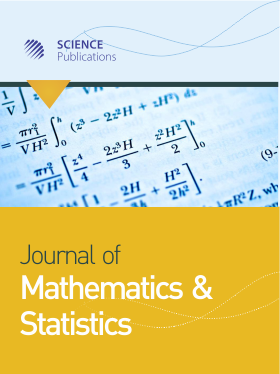A MIXTURE DROPOUT MECHANISM IN A LONGITUDINAL STUDY WITH TWO TIME POINTS: A METHADONE STUDY
- 1 Universiti Sains Malaysia, Malaysia
- 2 , Iran
Abstract
One of the most important issues that confront statisticians in longitudinal studies is dropouts. A variety of reasons may lead to withdrawal from a study and produce two different missingness mechanisms, namely, missing at random and non-ignorable dropouts. Nevertheless, none of these mechanisms is tenable in most studies. In addition, it may be that not all of dropouts are nonignorable. Many dropout handling methods have been employed by assuming only one of these dropout mechanisms. In this study, the dropout indicator is improved to take into account both dropout mechanisms. In this two-stage approach, a selection model is combined with an imputation method for dropout process in a longitudinal study with two time points. Simulation studies in a variety of situations are conducted to evaluate this approach in estimating the mean of the response variable at the second time point. This parameter is estimated by using maximum likelihood method. The results of the simulation studies indicate the superiority of the proposed method to the existing ones in estimating the mean of the variable with dropouts. In addition, this method is performed on a methadone dataset of 161 patients admitted to an Iranian clinic to estimate the final methadone dose.
DOI: https://doi.org/10.3844/jmssp.2014.293.303

- 4,322 Views
- 2,945 Downloads
- 0 Citations
Download
Keywords
- Longitudinal Data
- Dropout Mechanism
- Imputation Method
- Ignorability
- Non-Ignorability
